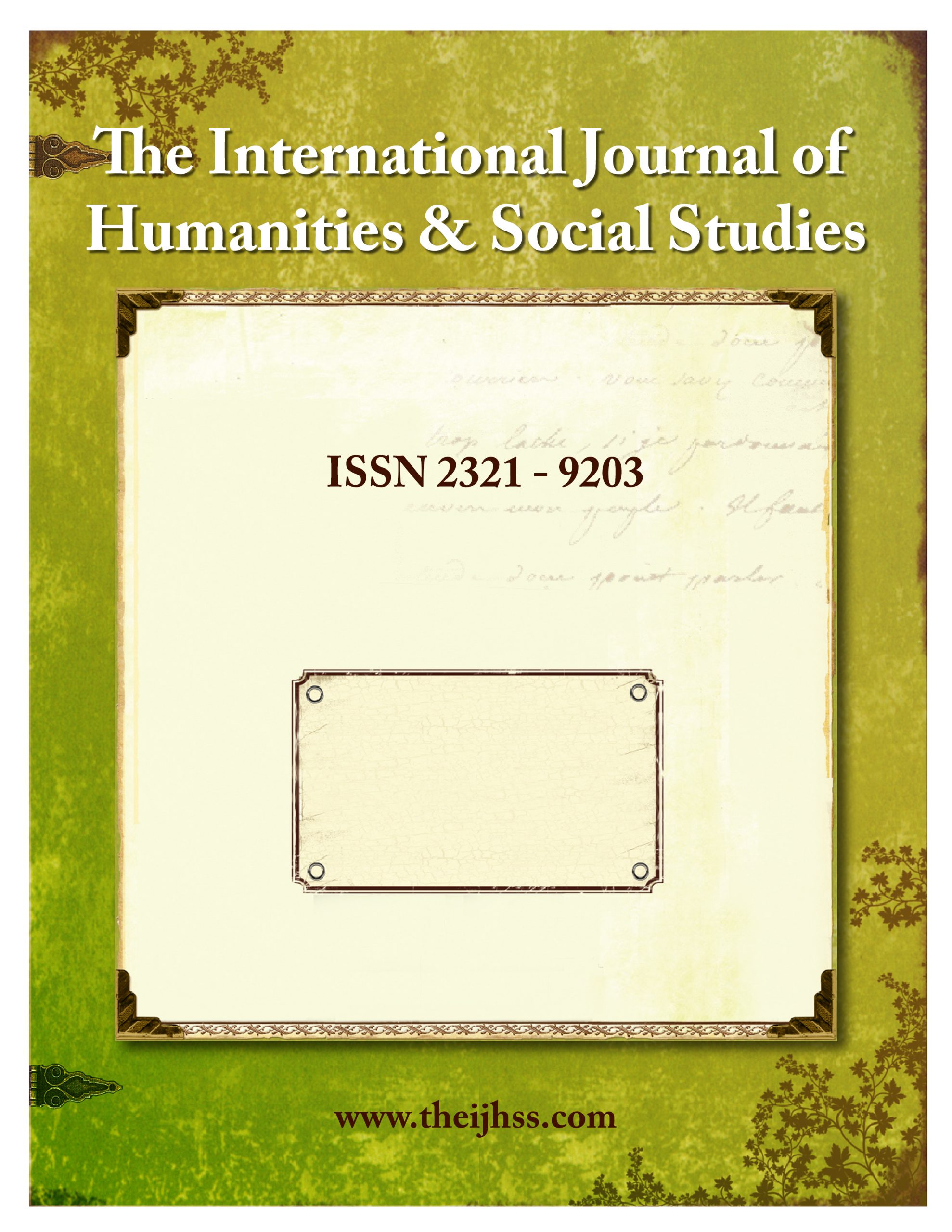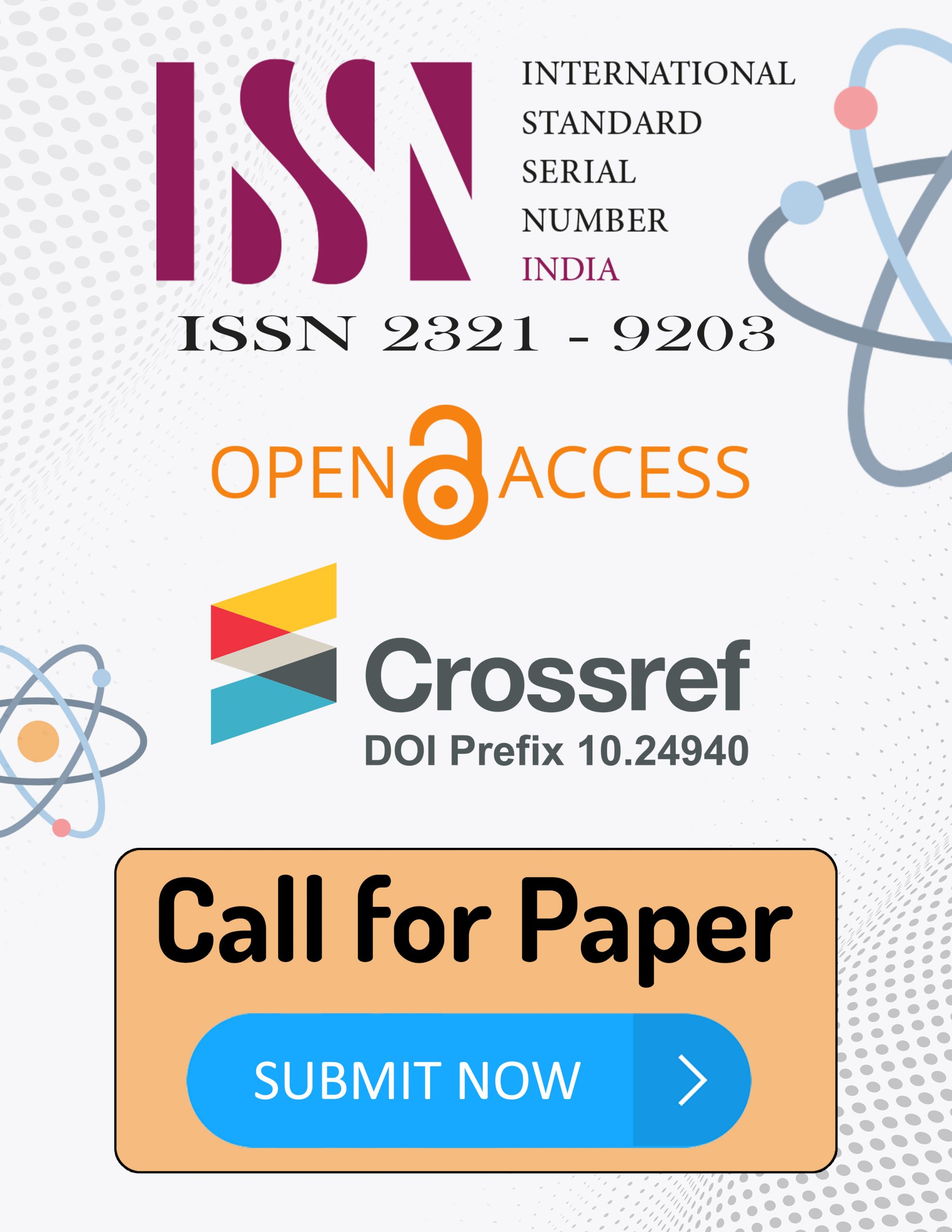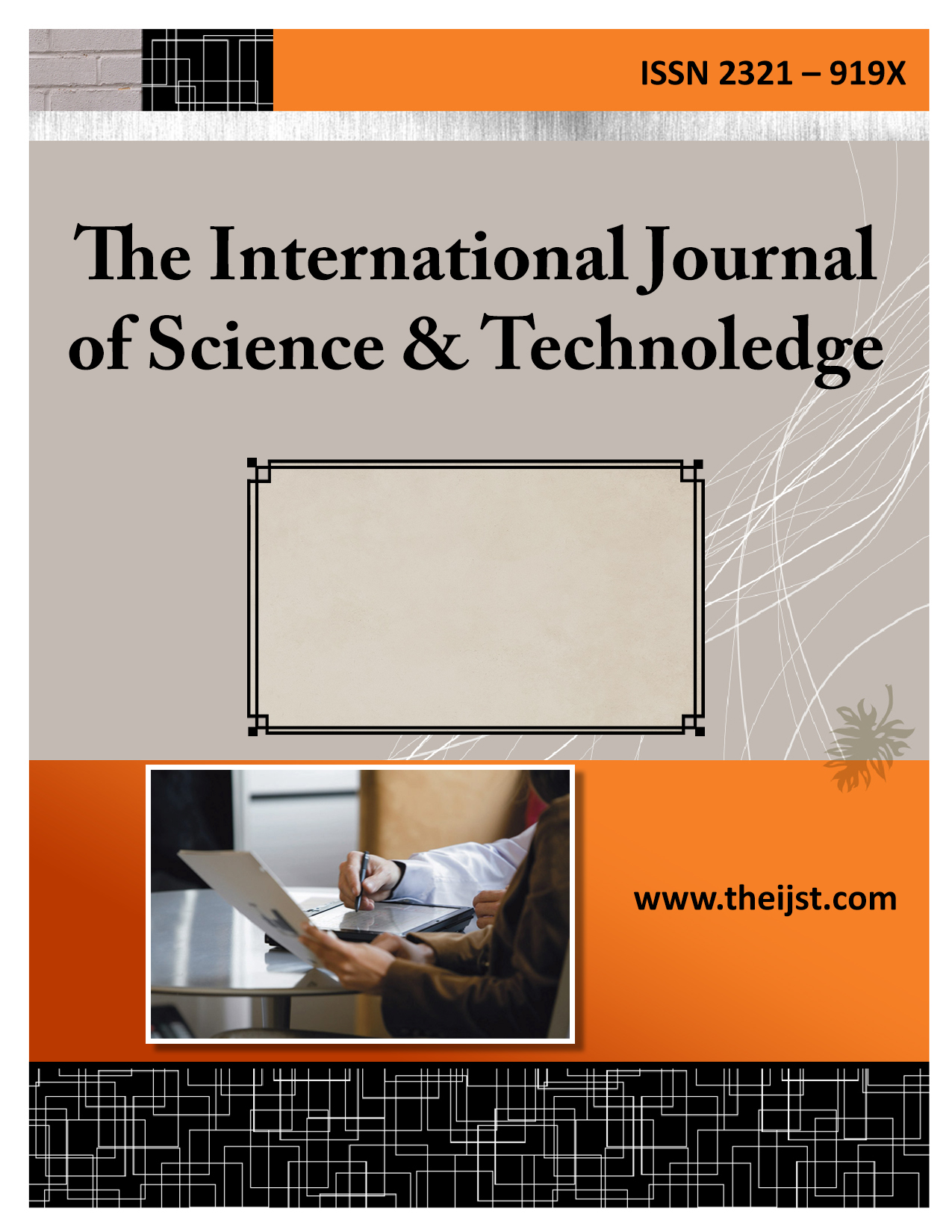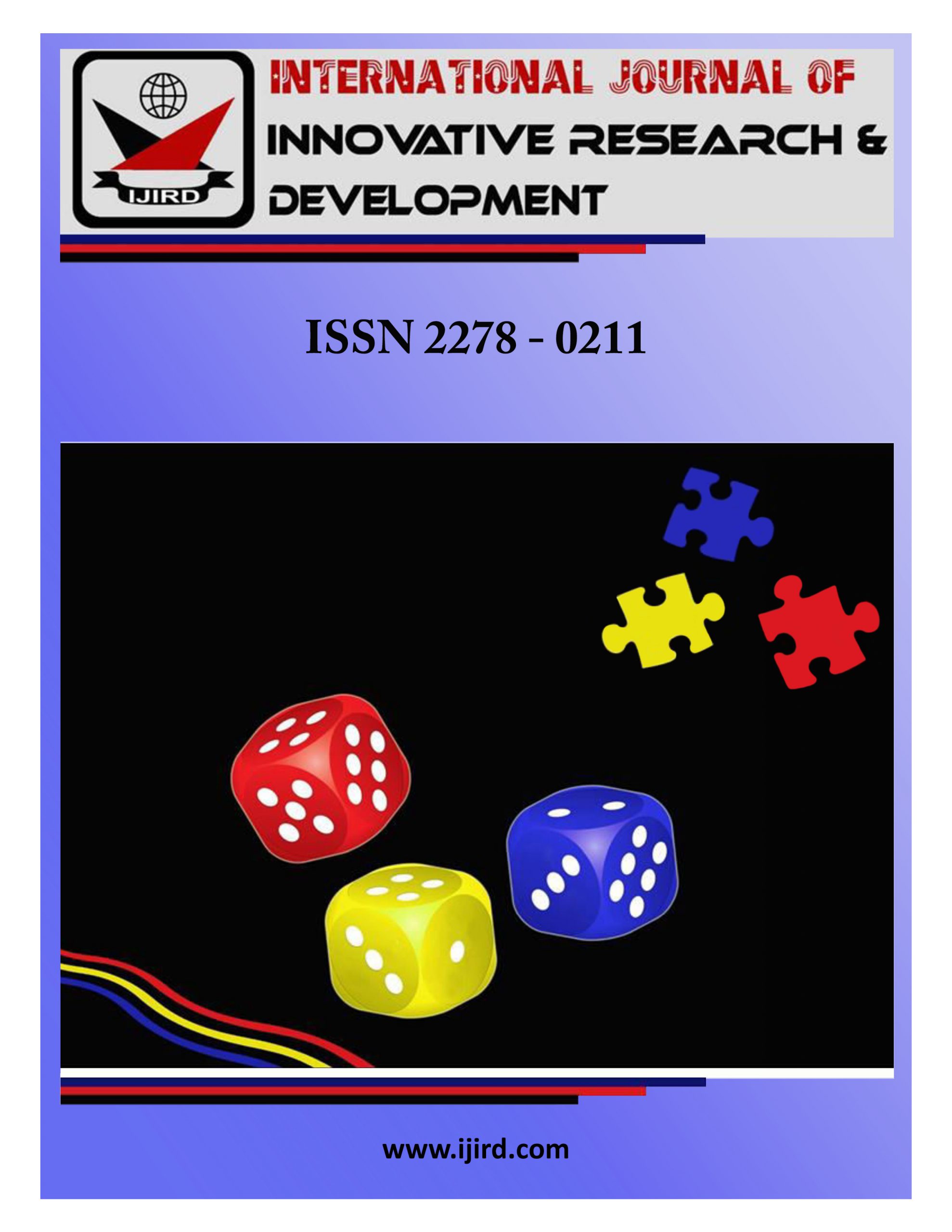Generation and circulation of knowledge have become the prime duty of every academician in today’s fast-changing world. Everyone wants of become a part of an international journal because publishing a researched work is mandatory these days. Sometimes, publishing pressure on students and researchers is too high. But we must not forget our objective of doing a research, and that is sharing our knowledge, enlightening the world, improving social systems and policies. For this reason, self-archiving is an activity, that every academician should be prominently involved in.
- Self-archiving stands for sharing your research thesis or article, on your personal blog, website or social media handles, so that more people can get access to your findings for free. Many traditional publishing houses have a huge subscription fee for its readers. Hence, even though required, financially struggling graduate and post-graduate students are not able to subscribe to these journals. As a result, they remain in the darkness, away from most important research works and findings. However, self-archiving by authors can promote academics and research; it can facilitate fair distribution of important results; it can benefit the academic world as well as policy makers for changing the society. In regards to students, it can help a lot of newcomers in the academic work who are striving everyday to find data and make their study significant.
- Self-archiving is posting digital versions of your literature, on your own. This means when you self-archive a work, everyone on the internet can search, find, cultivate and use your work. Self-archiving doesn’t necessarily require a publisher’s approval. You can choose to publish your work independently. But open-source international journal facilitates this process. Open-access journals does not change the copyright of your material technically, hence if you publish your work with an open-access journal, who do not have subscription fees for their readers, you ensure more people are reading your work. Additionally, these journals have their own citation platforms through which your article can get more visibility and citation. You publish for the free circulation of your work, for the benefit of the academic world.
- Self-archiving saves time and effort for the researcher. When a work is freely available on the web, then author does not have to attend to personal requests for making the research available to multiple users. A second way of self-archiving your work while still publishing with a prominent journal, is to publish with those traditional journals who grant self-archiving permission. With the growing industry of digital publishing, there are multitudes of journals who offer different rights and permissions to notable authors for publishing their research. Do your browsing effectively to find such publishers who will allow you to self-archive after publishing with them.
- Self-archiving can appeal to research financers. The openness and fair distribution criteria are met when people self-archive their works. Hence it becomes easier to get funding for development on the same research or future research. Electronic repositories are also places for self-archiving your work. But unlike open-access international journal, these repositories do not have a strong peer-review process or quality check. Repositories can publish extracts from materials, unedited articles or even book chapters. Hence you might want to do a background work on these electronic platforms before you choose to self-archive.
- Self-archiving is for the betterment of the world. The main objective of research is to put theories into practice. Your important findings can be more significant to policy makers who structure the society; it can appeal to the health sector, economic development, global poverty eradication, mental health awareness and many such important fields. When your work is available for free, it is more useable and applicable to organizations and socio-political leaders who want to utilize your findings for community development. Additionally, it helps the academic world gather the dream of knowledge. Every self-archived item brings one more research publication available to a great number of researchers who would otherwise be partially excluded from such scientific knowledge because of the high price of journals. At the same time, scientific knowledge becomes available to larger audiences, both nationally and internationally.










